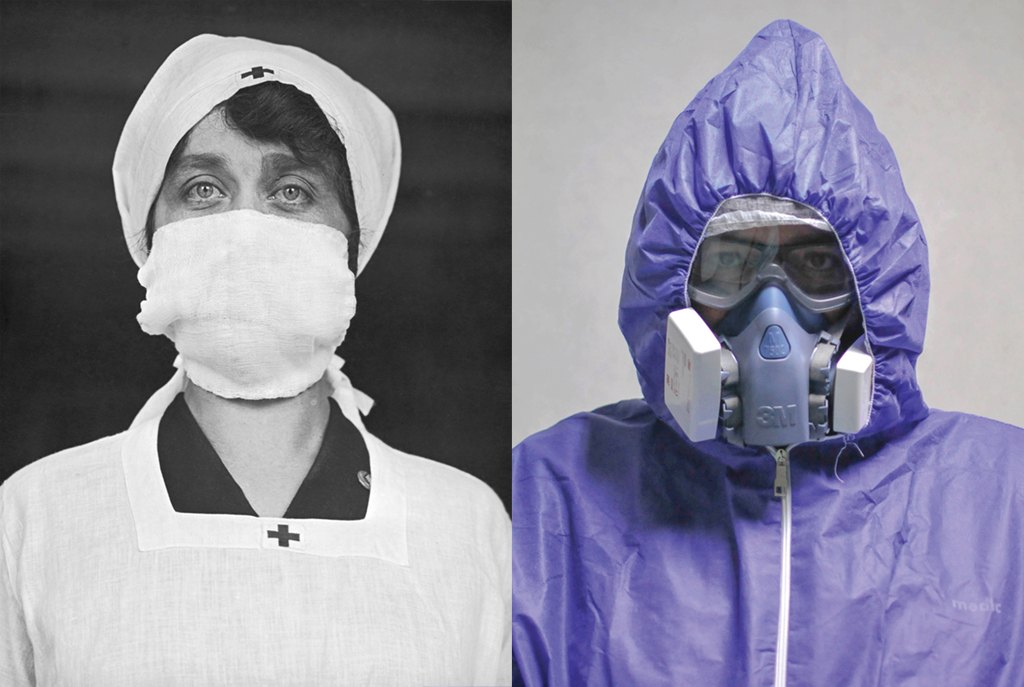NPR featured research by Theresa Andrasfay of the USC Leonard Davis School and colleagues on how coronavirus deaths have shortened American life expectancy, especially among Black and Latino populations. “This impact is about 10 times as large as the worrisome annual decreases several years ago,” they said. Additional coverage was found via U.S. News & World Report (via HealthDay), Patch and KFI 640 AM.
CNN featured research by Theresa Andrasfay of the USC Leonard Davis School on how coronavirus deaths have shortened American life expectancy, especially Black and Latino populations. “Some reduction in life expectancy may persist beyond 2020 because of continued COVID-19 mortality and long-term health, social and economic impacts of the pandemic,” she said. Additional coverage was found via USA Today, the Los Angeles Daily News, The New York Times, Fox News, NBC News Los Angeles affiliate KNBC-TV, CW News Los Angeles affiliate KTLA-TV and KNX 1070 AM.



KPCC-FM featured Pinchas Cohen, dean of the USC Leonard Davis School, on how COVID-19 will change our views on aging and retirement. “We’re dealing with an incredible rise in the number of seniors who will require some sort of care. This is the result of tremendous success in making people live longer, but more and more people are spending their final years in some degree of disability. There’s got to be some solution,” he said.

U.S. News & World Report highlighted Valter Longo of the USC Leonard Davis School and his pioneering work with the fasting mimicking diet.
The New York Times quoted Paul Irving of the USC Leonard Davis School on the health benefits for older adults who volunteer. “The health benefits for older volunteers are mind-blowing,” he said. When older folks go in for physicals, he said, “in addition to taking blood and doing all the other things that the doctor does when he or she pushes and prods and pokes, the doctor should say to you, ‘So tell me about your volunteering.’”







